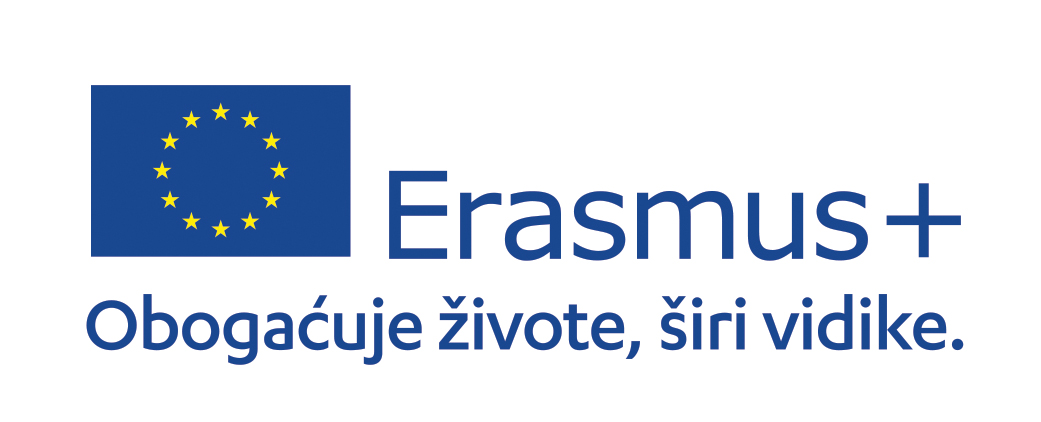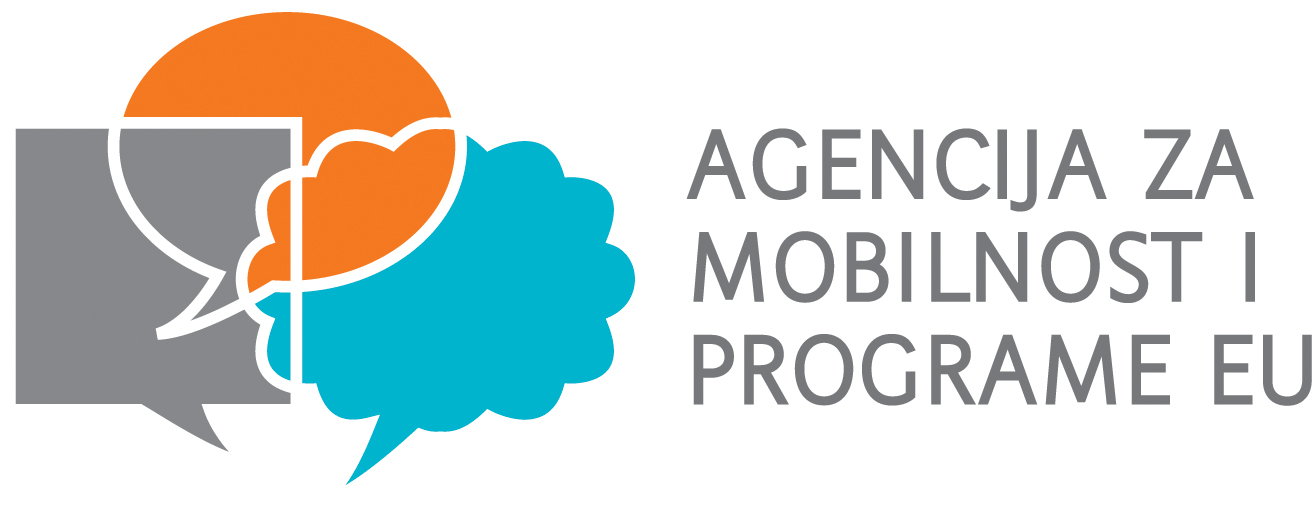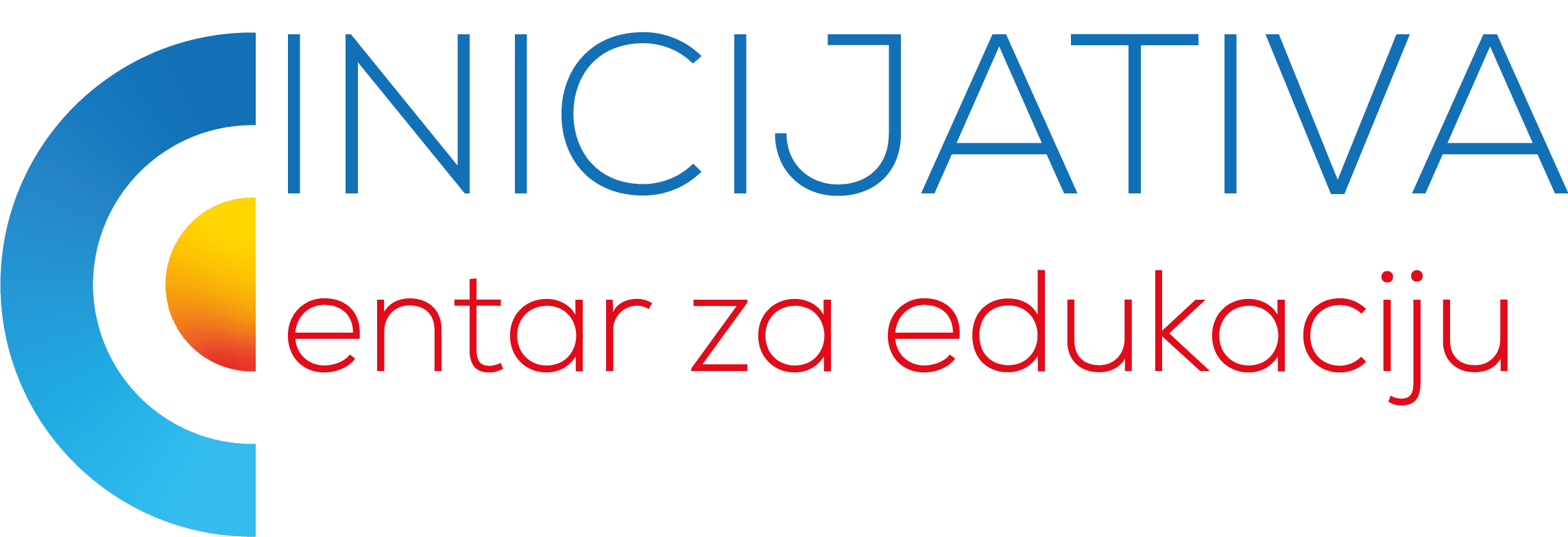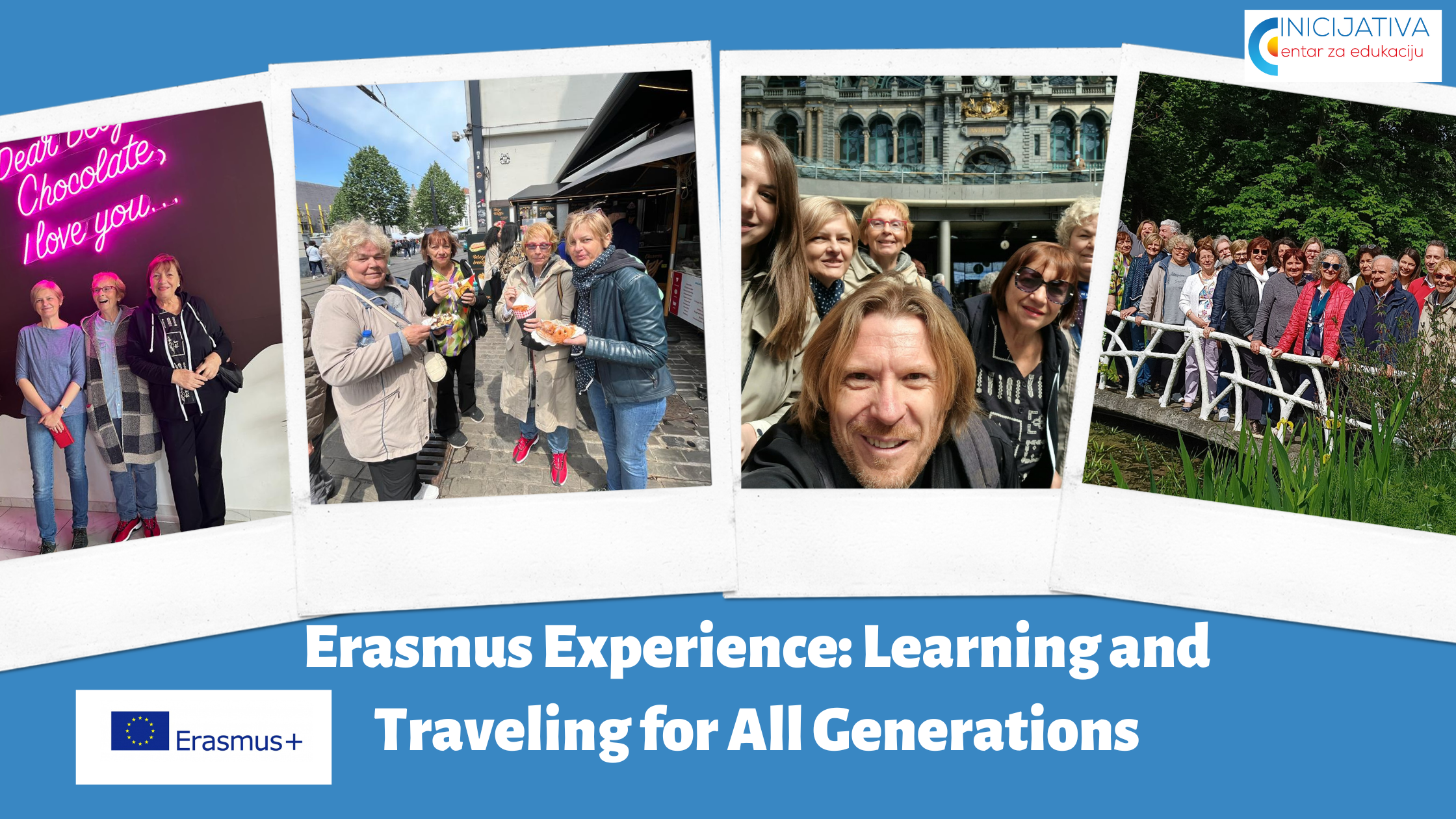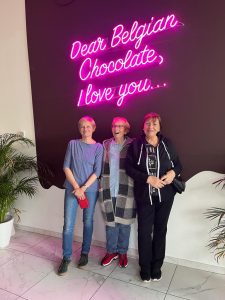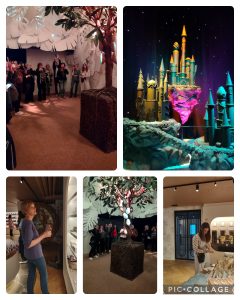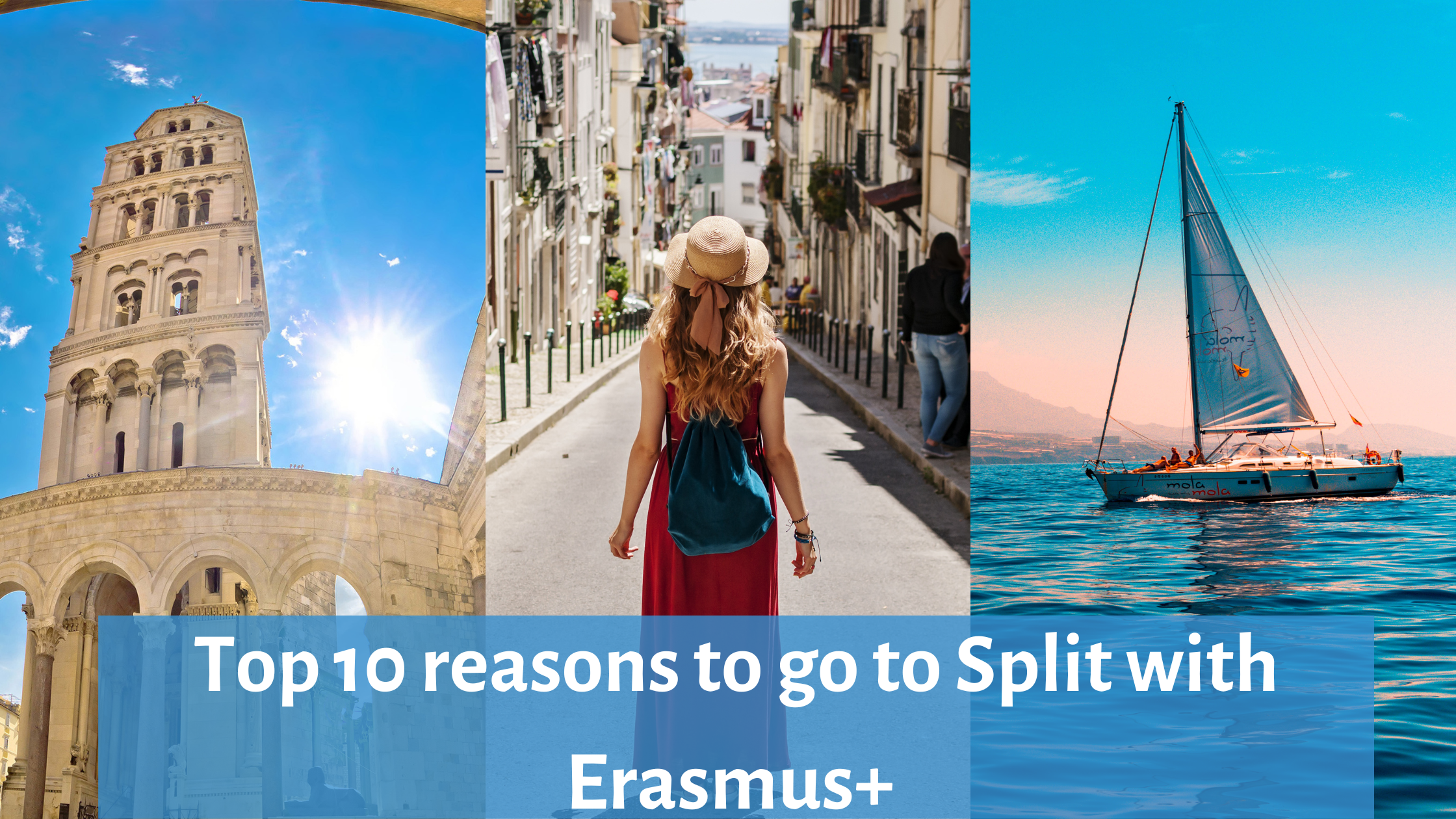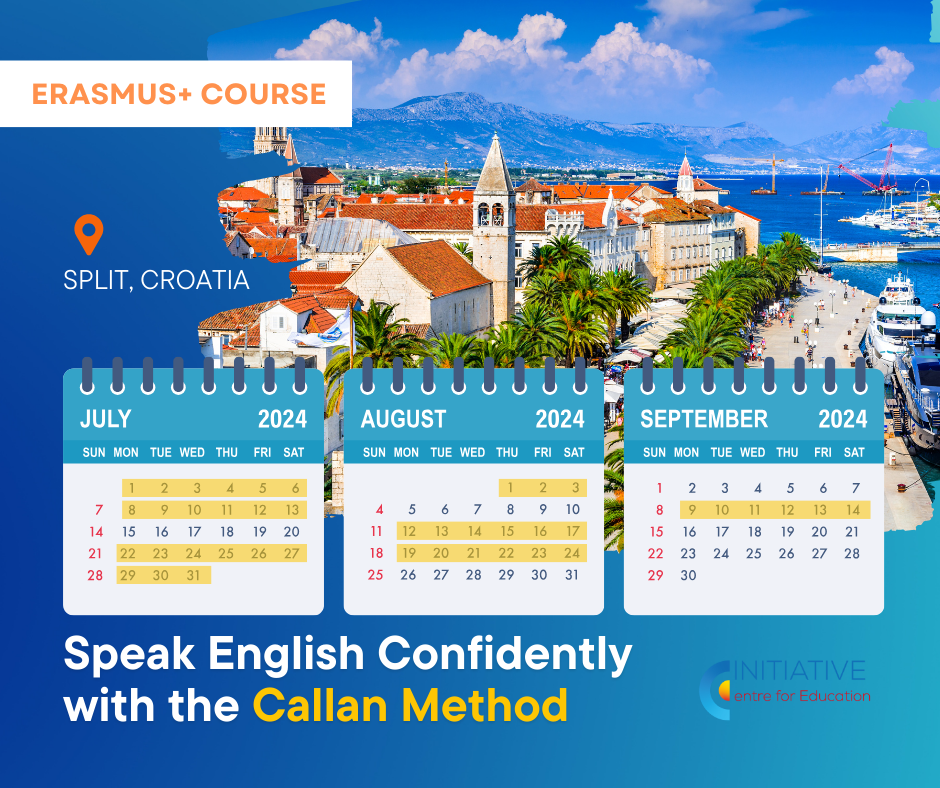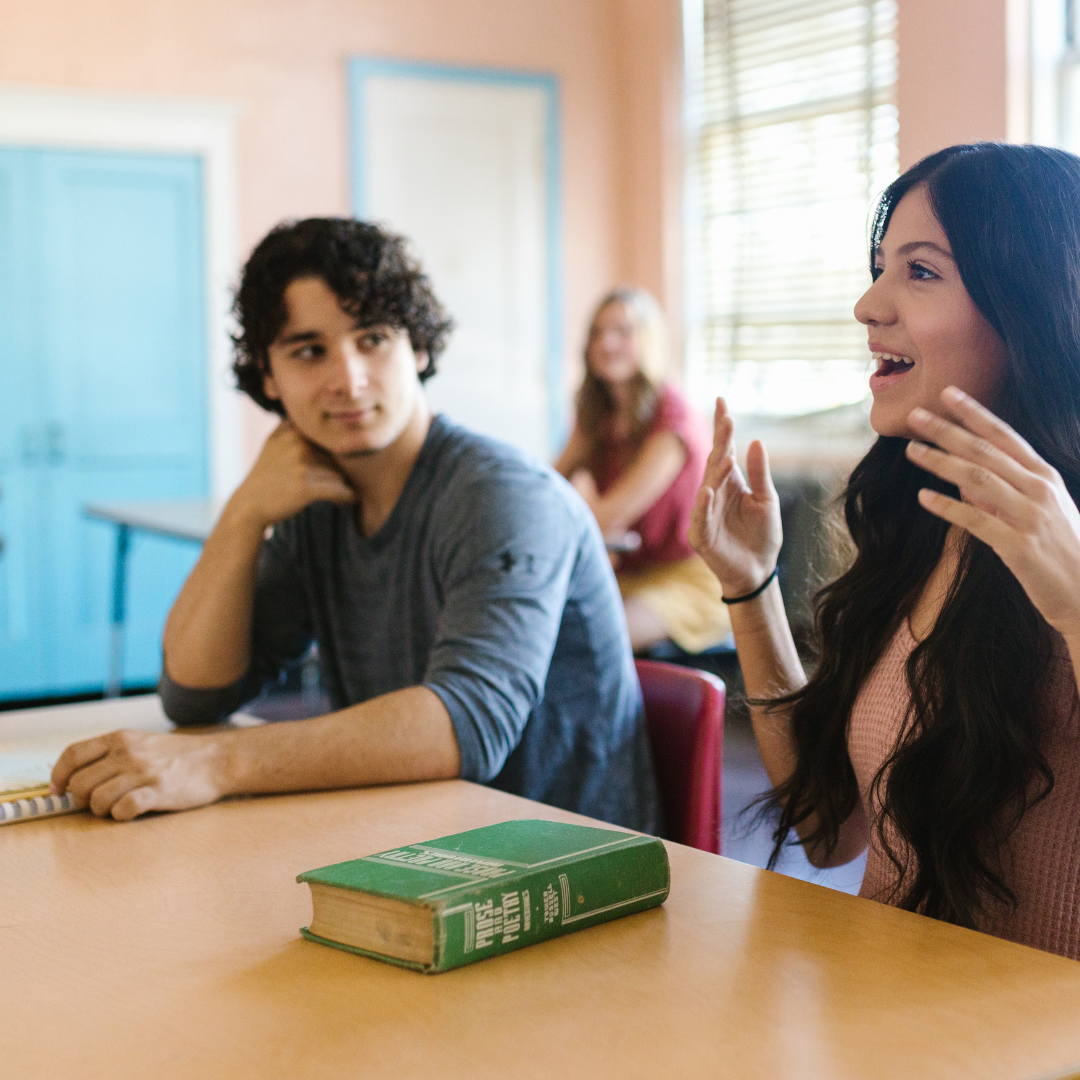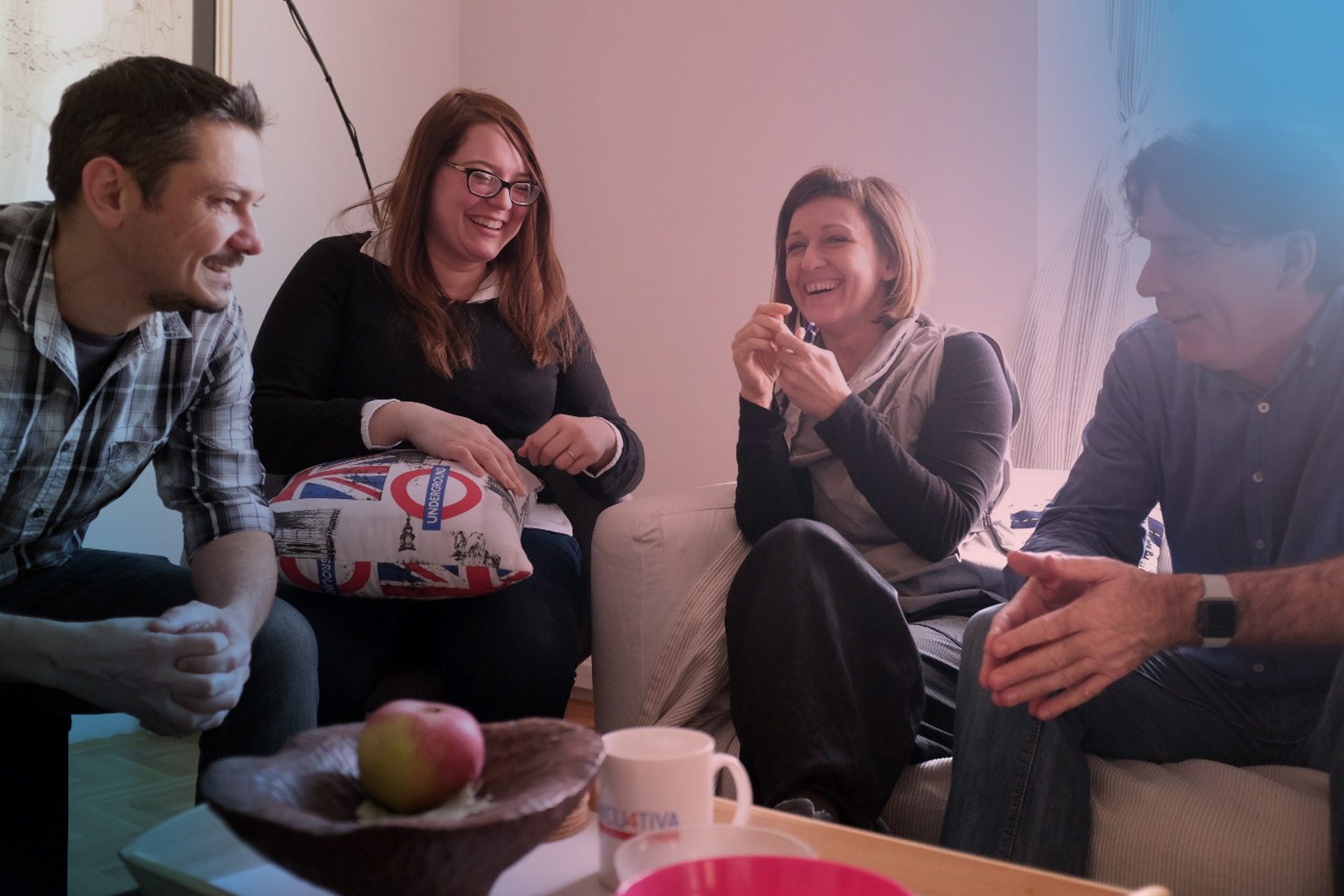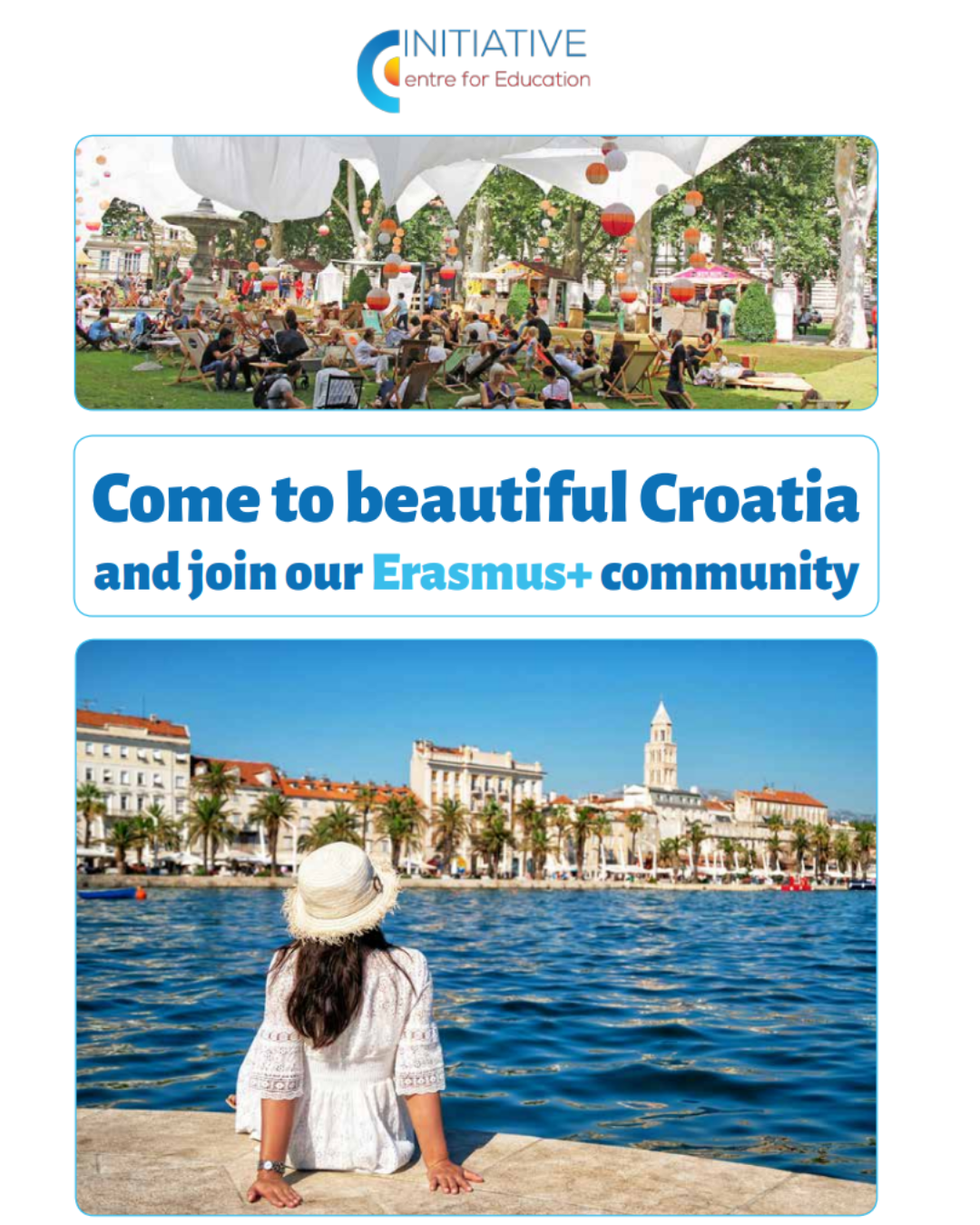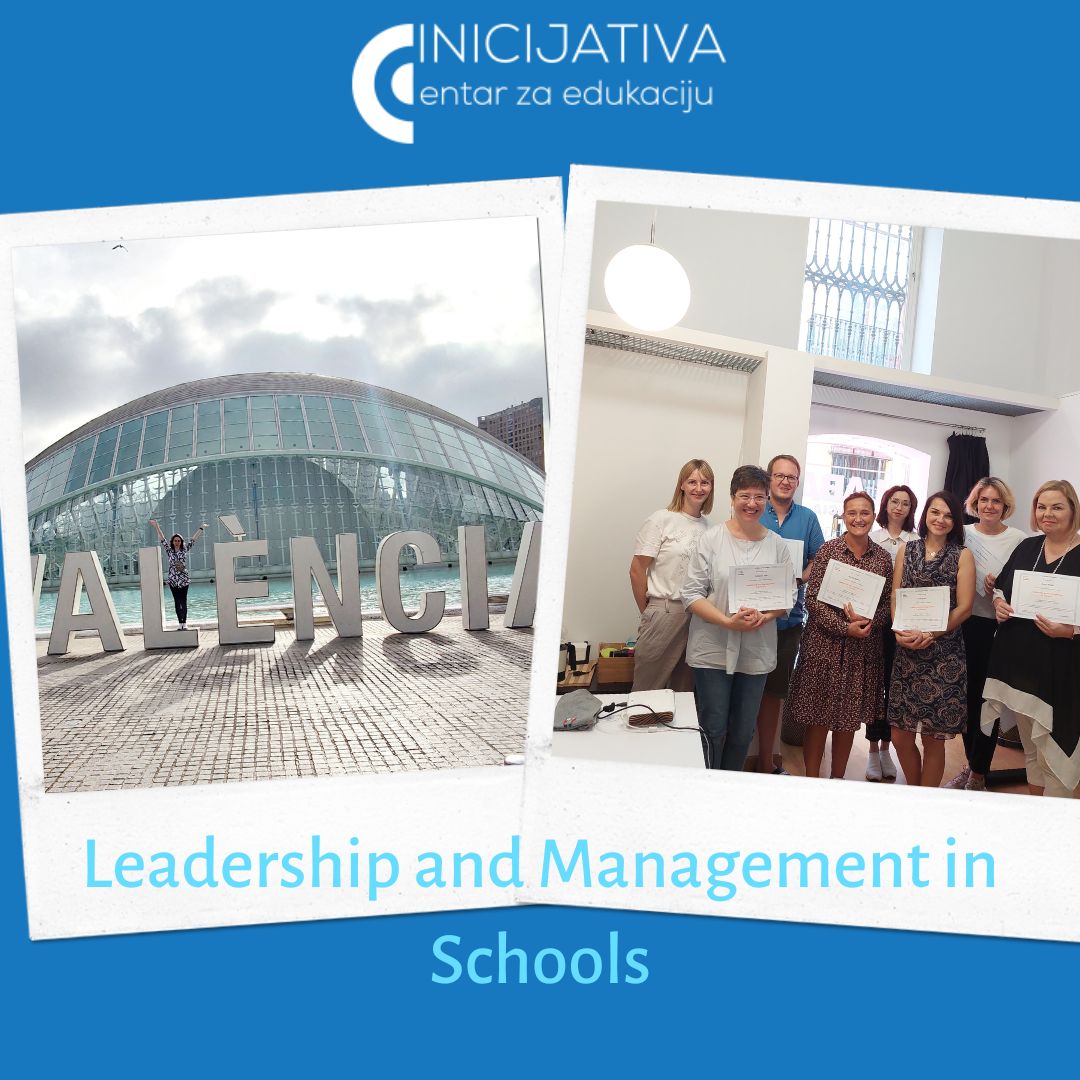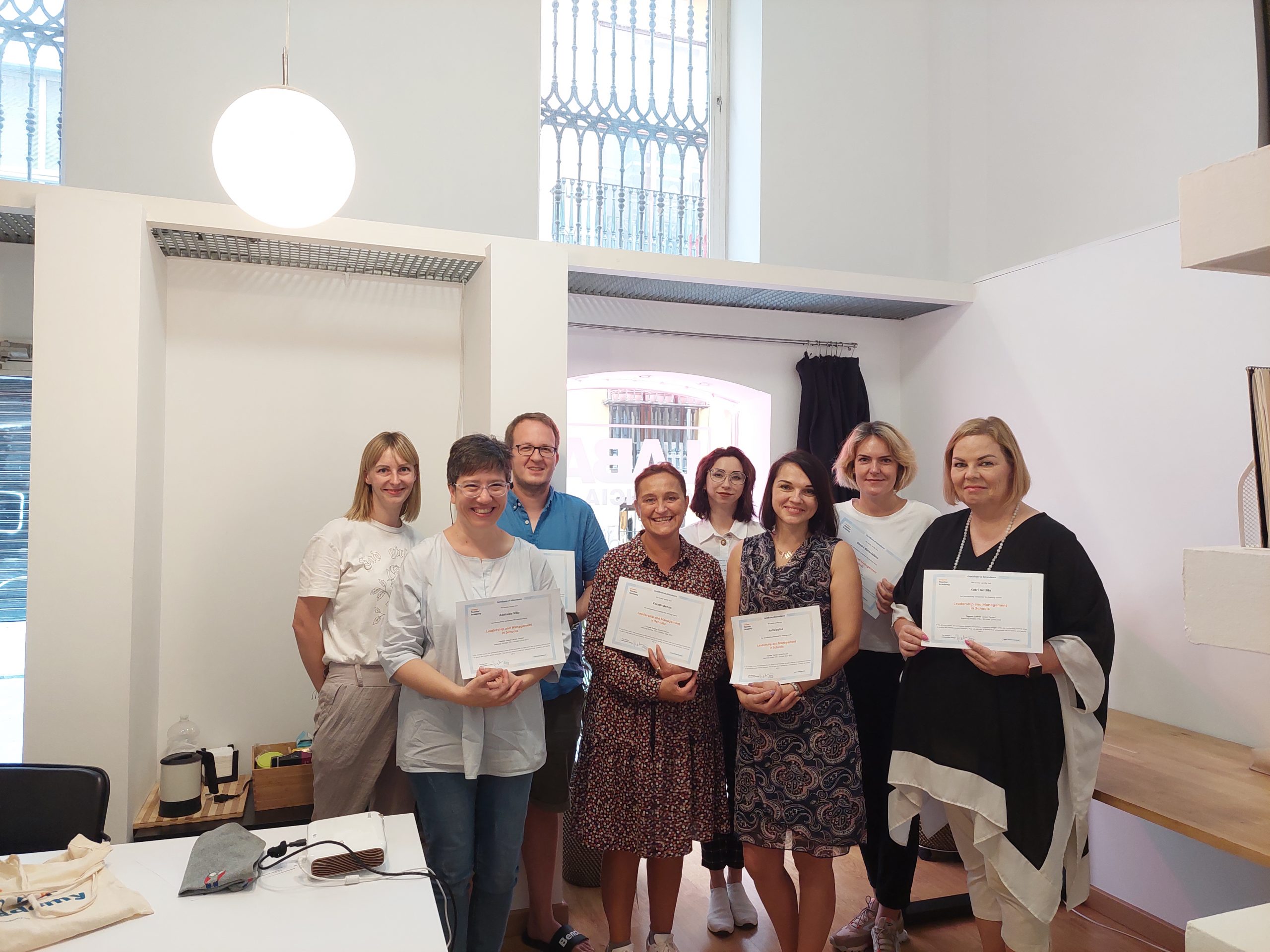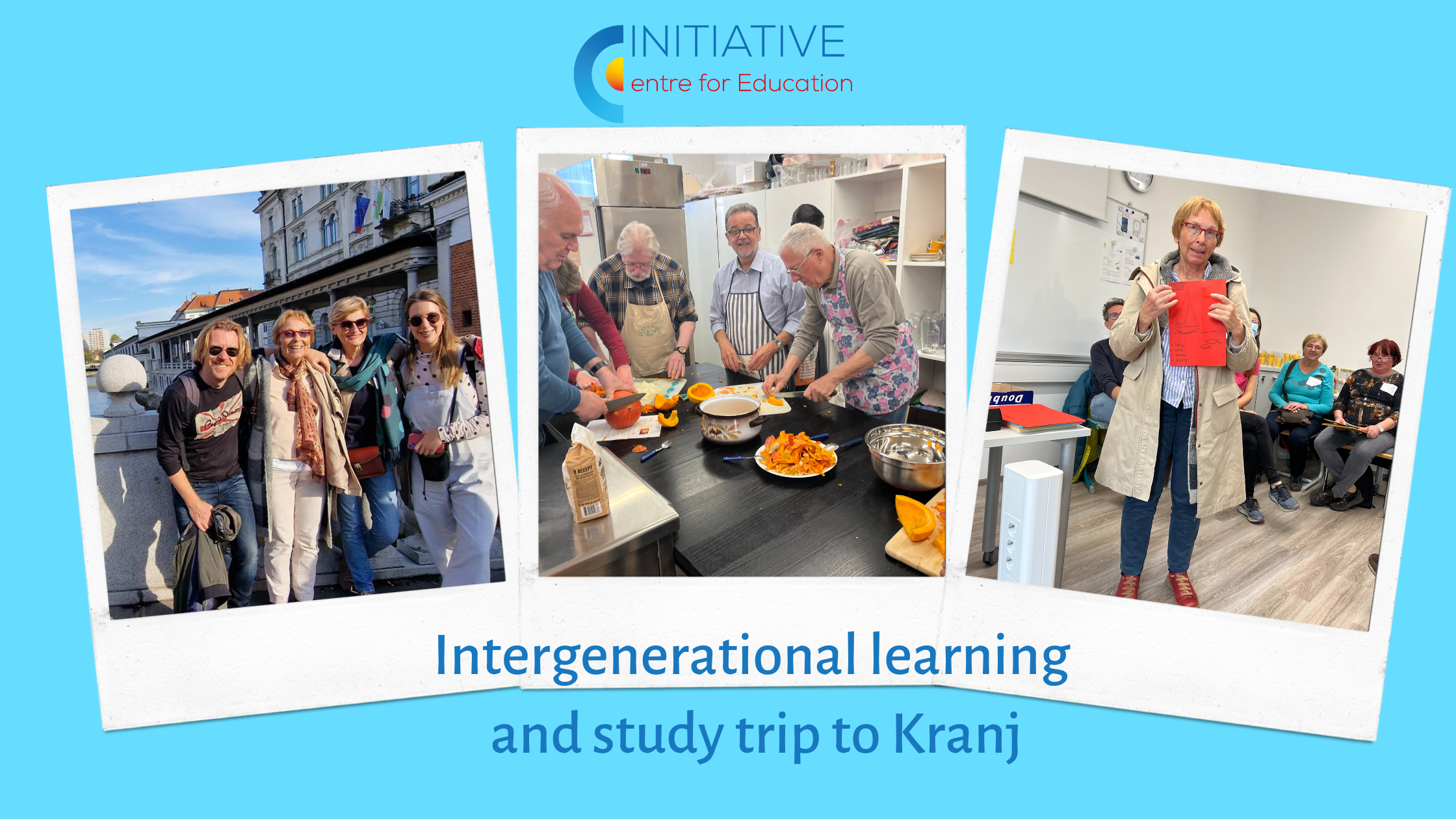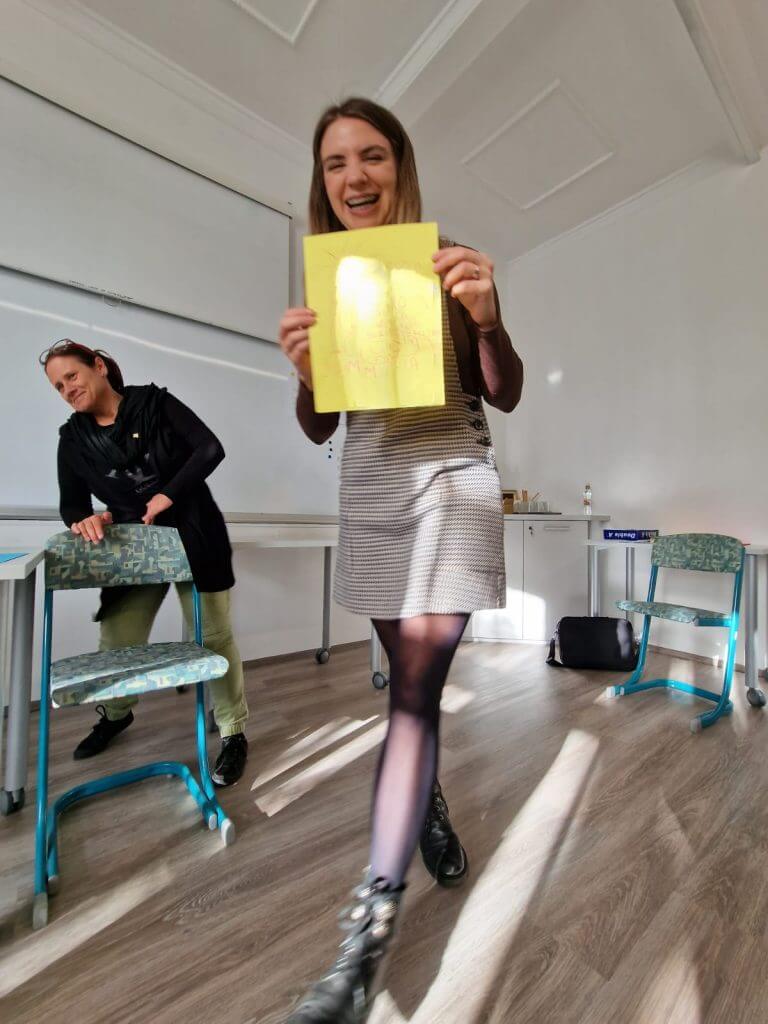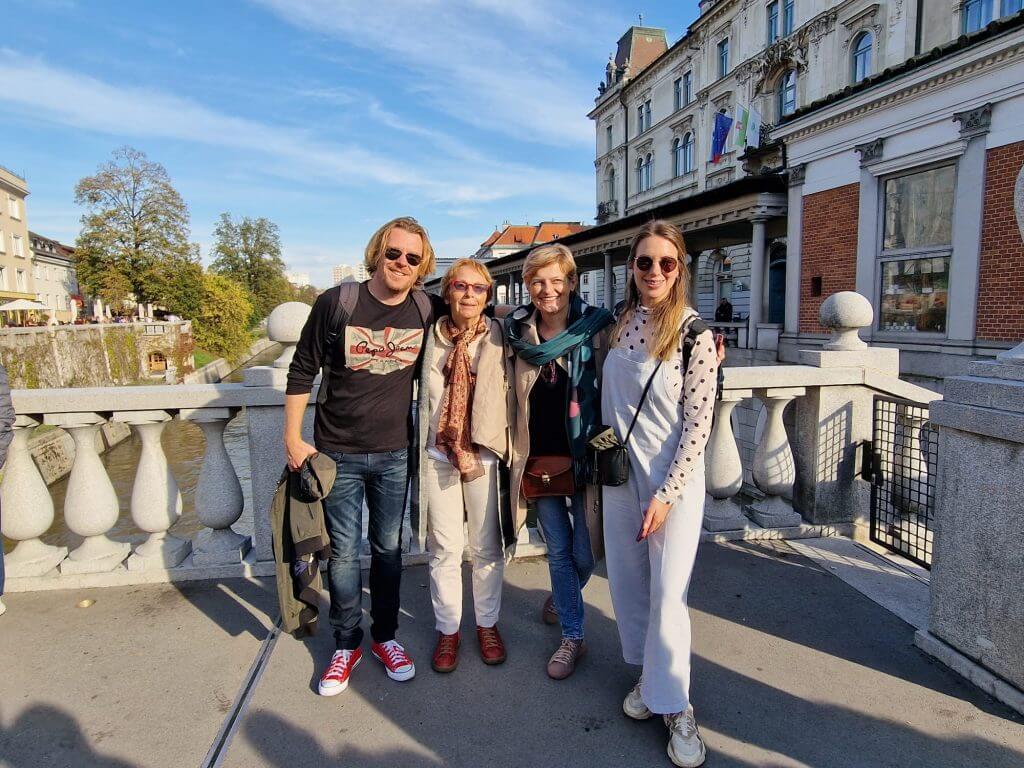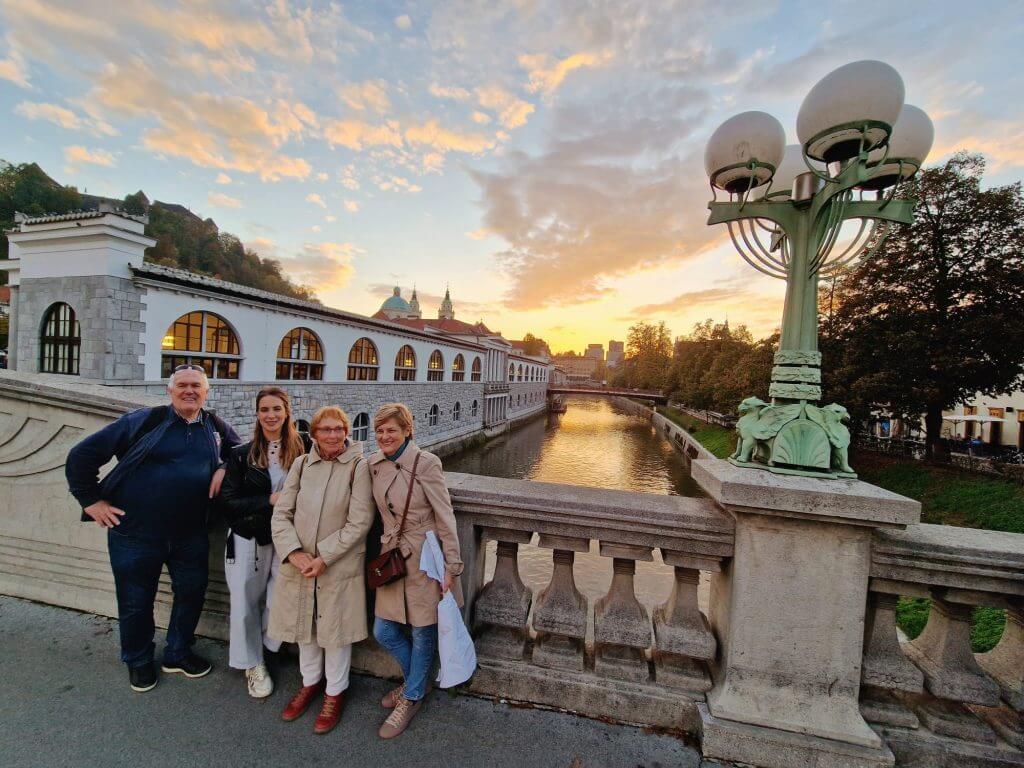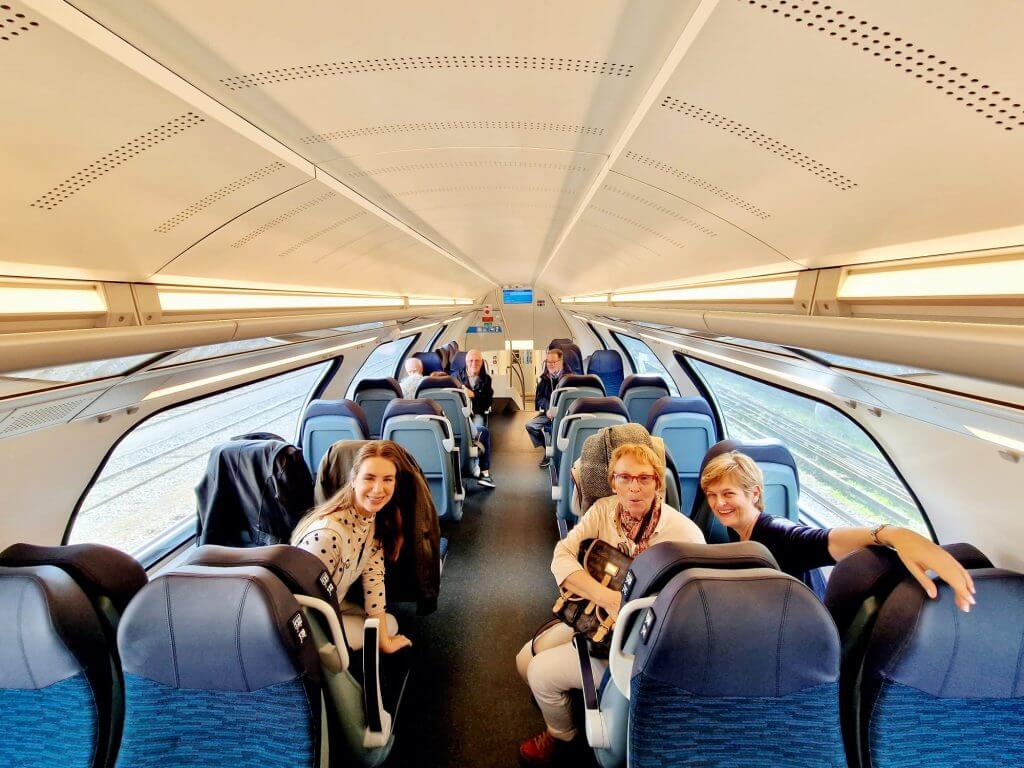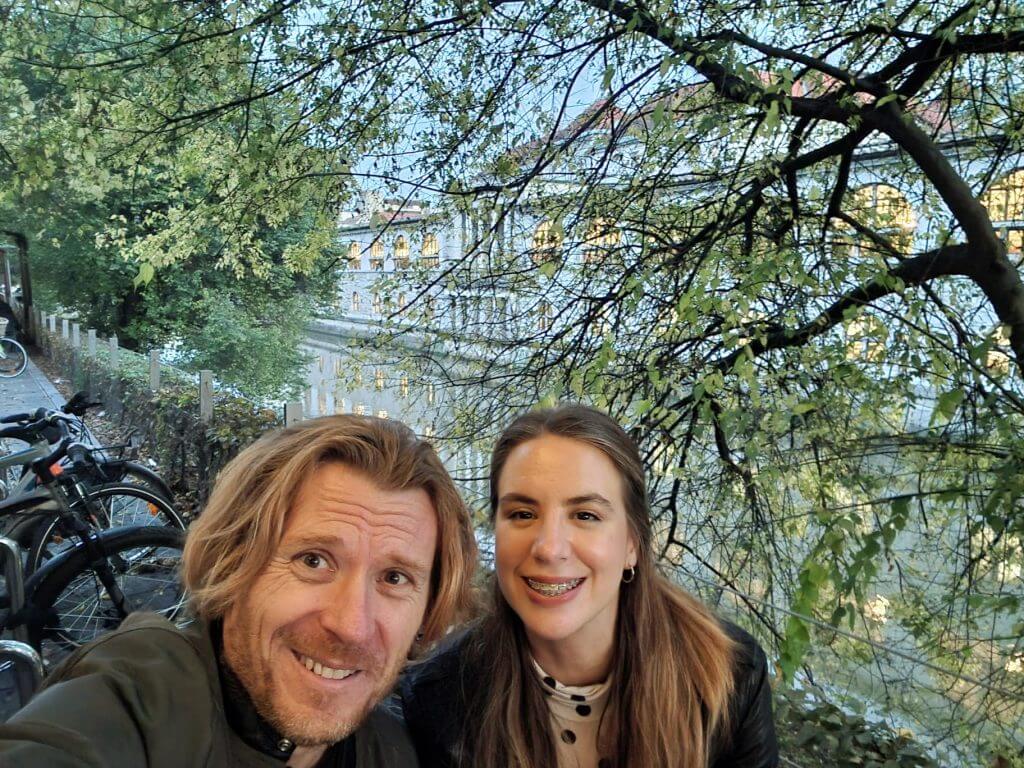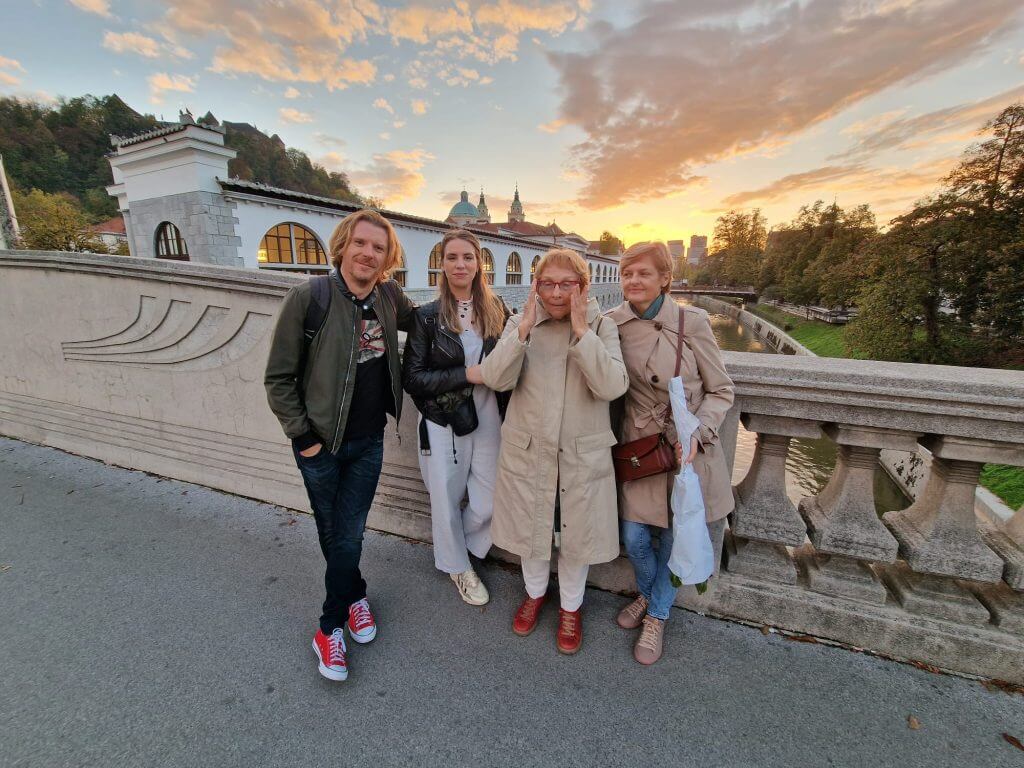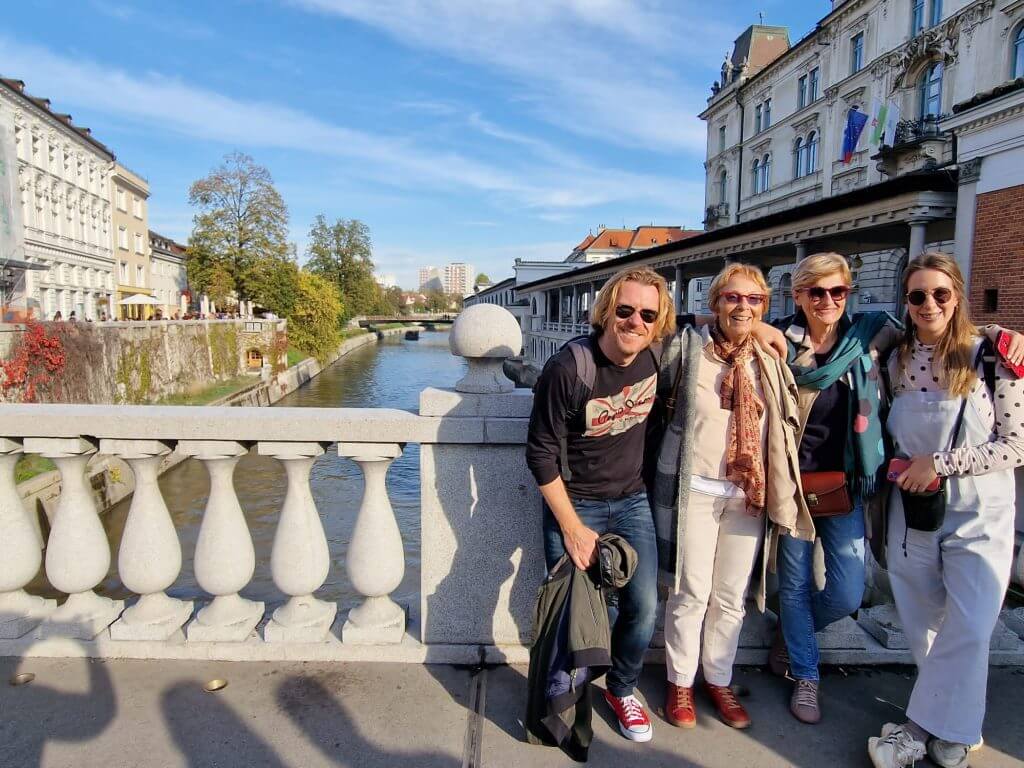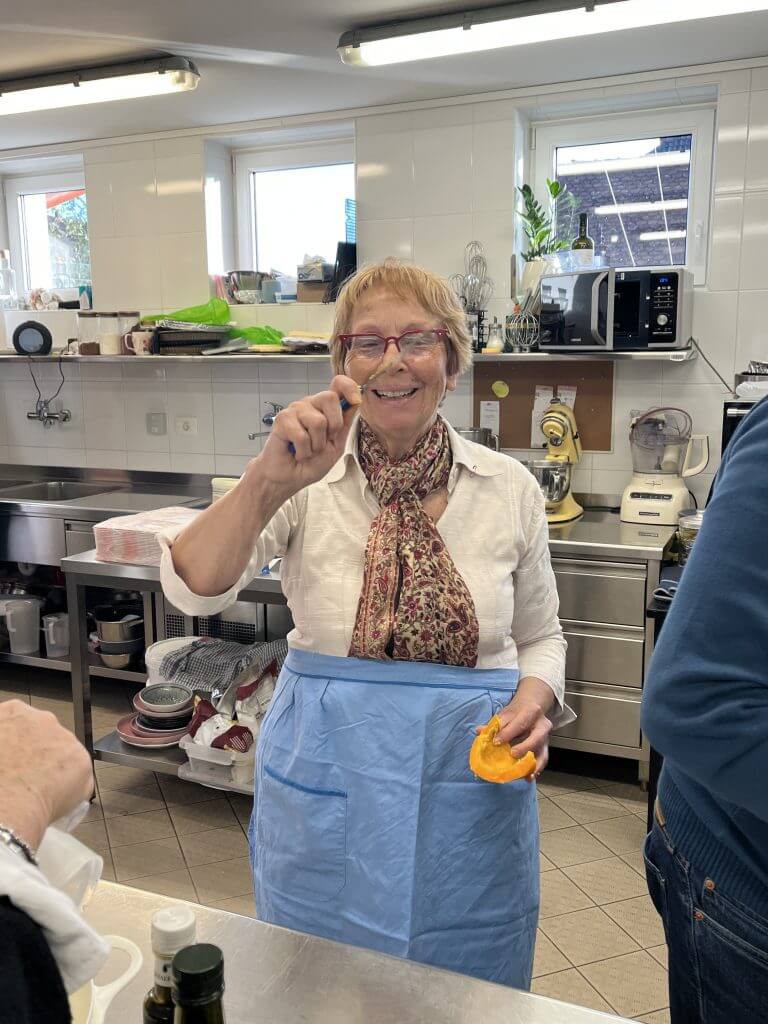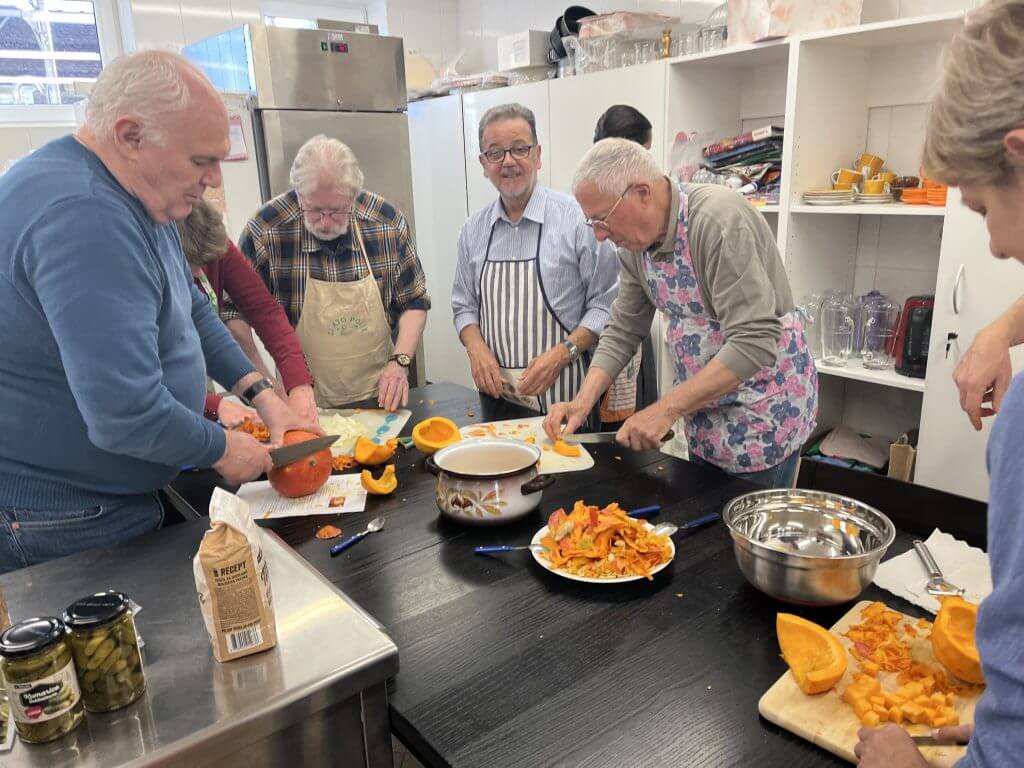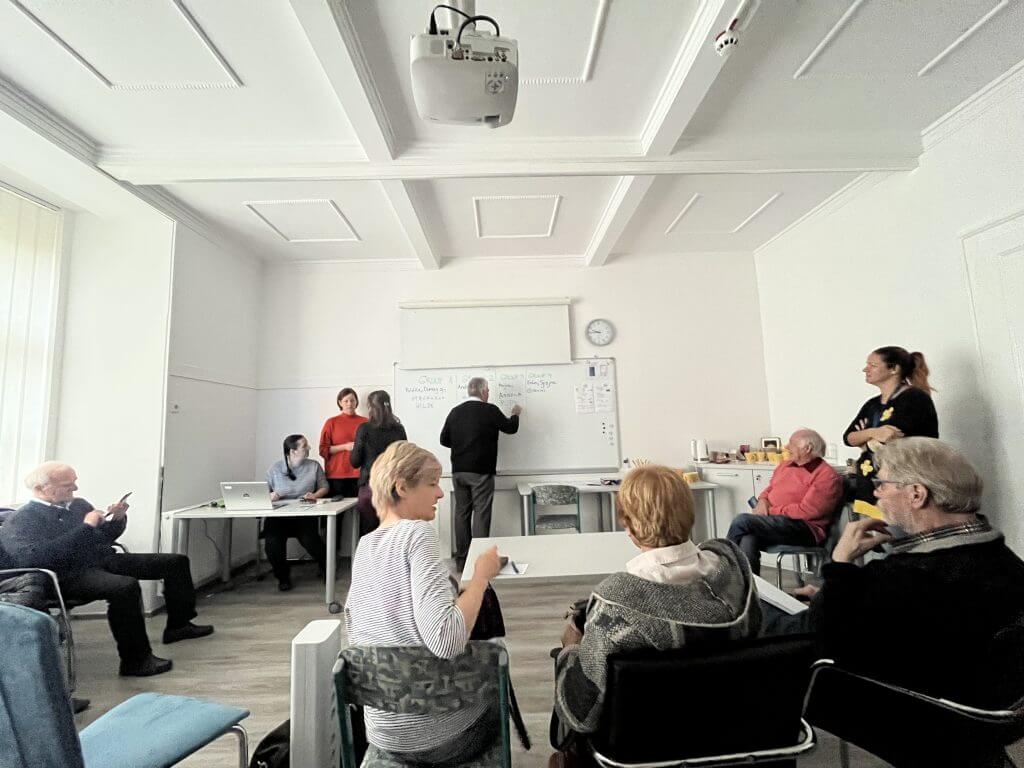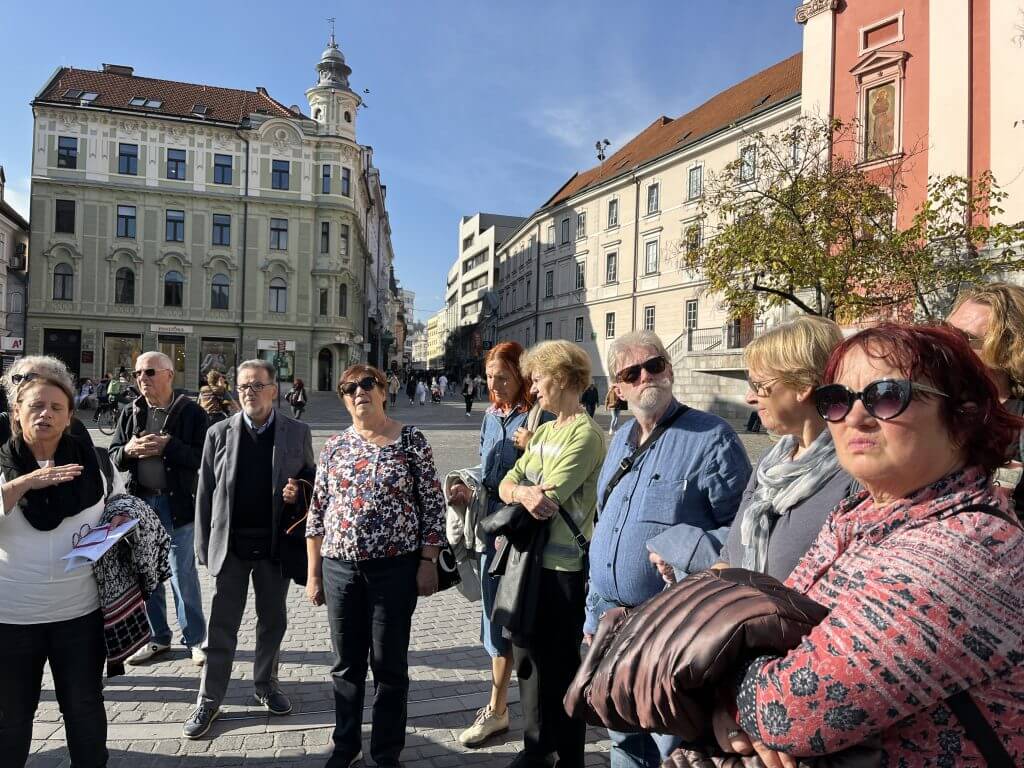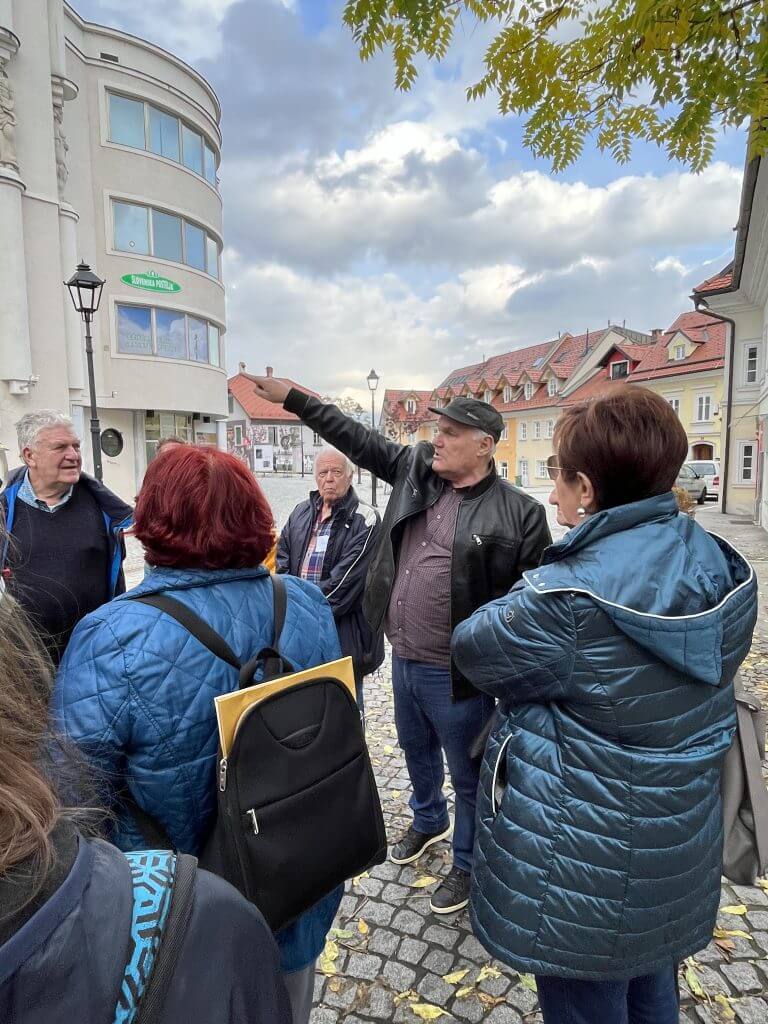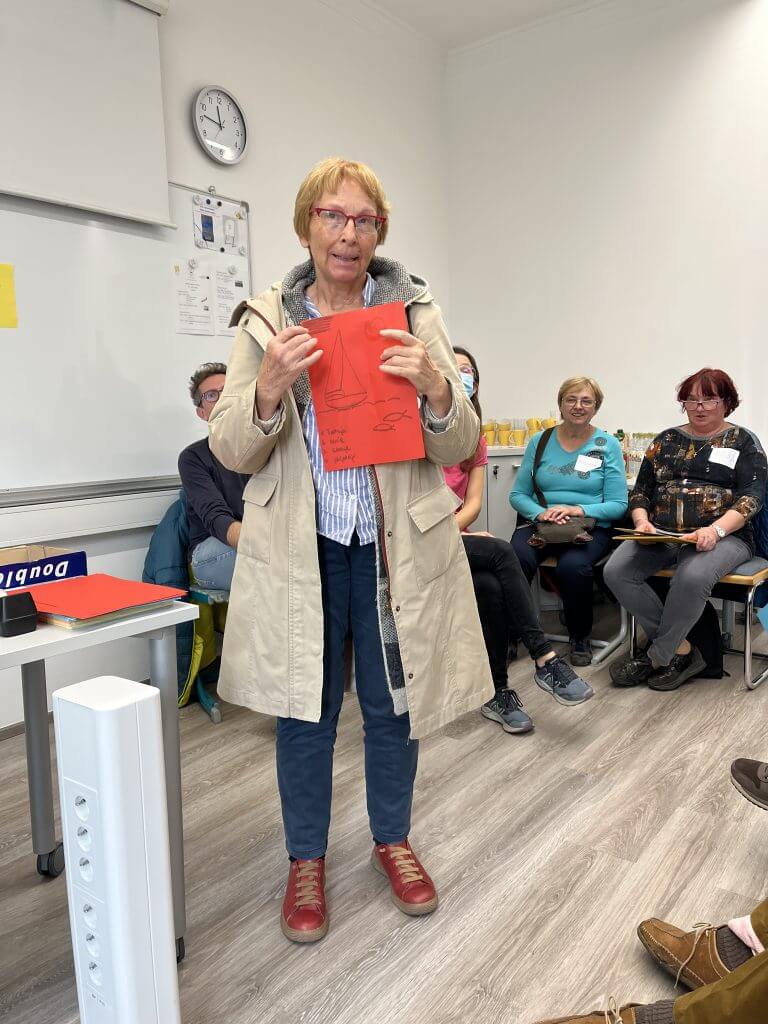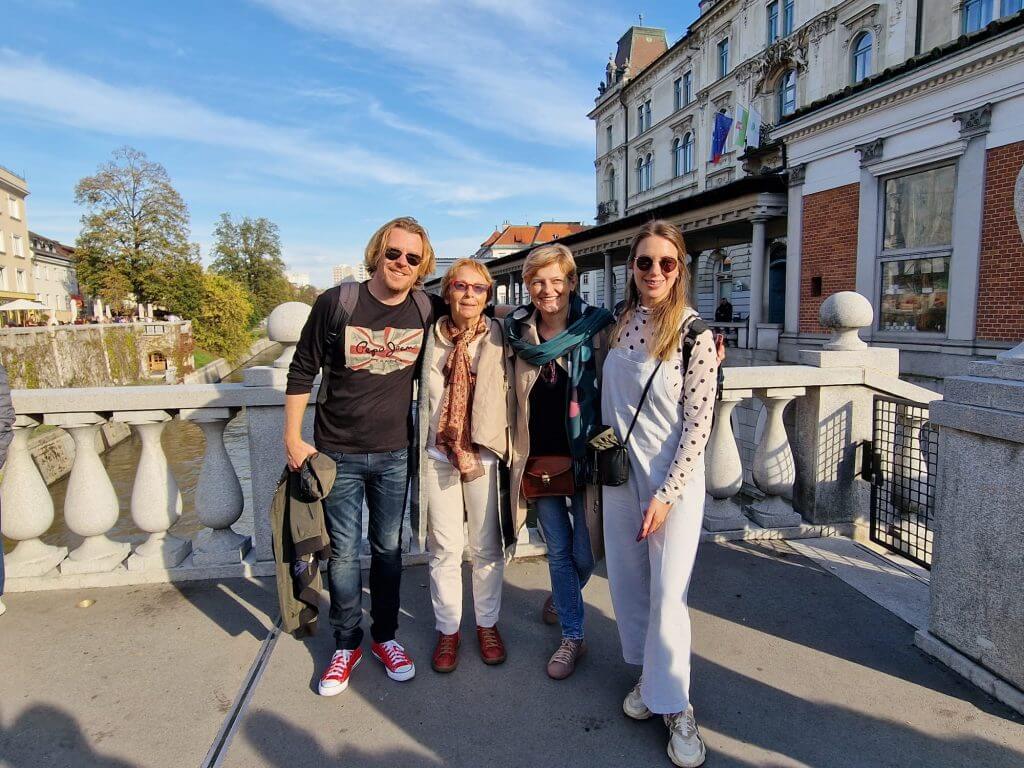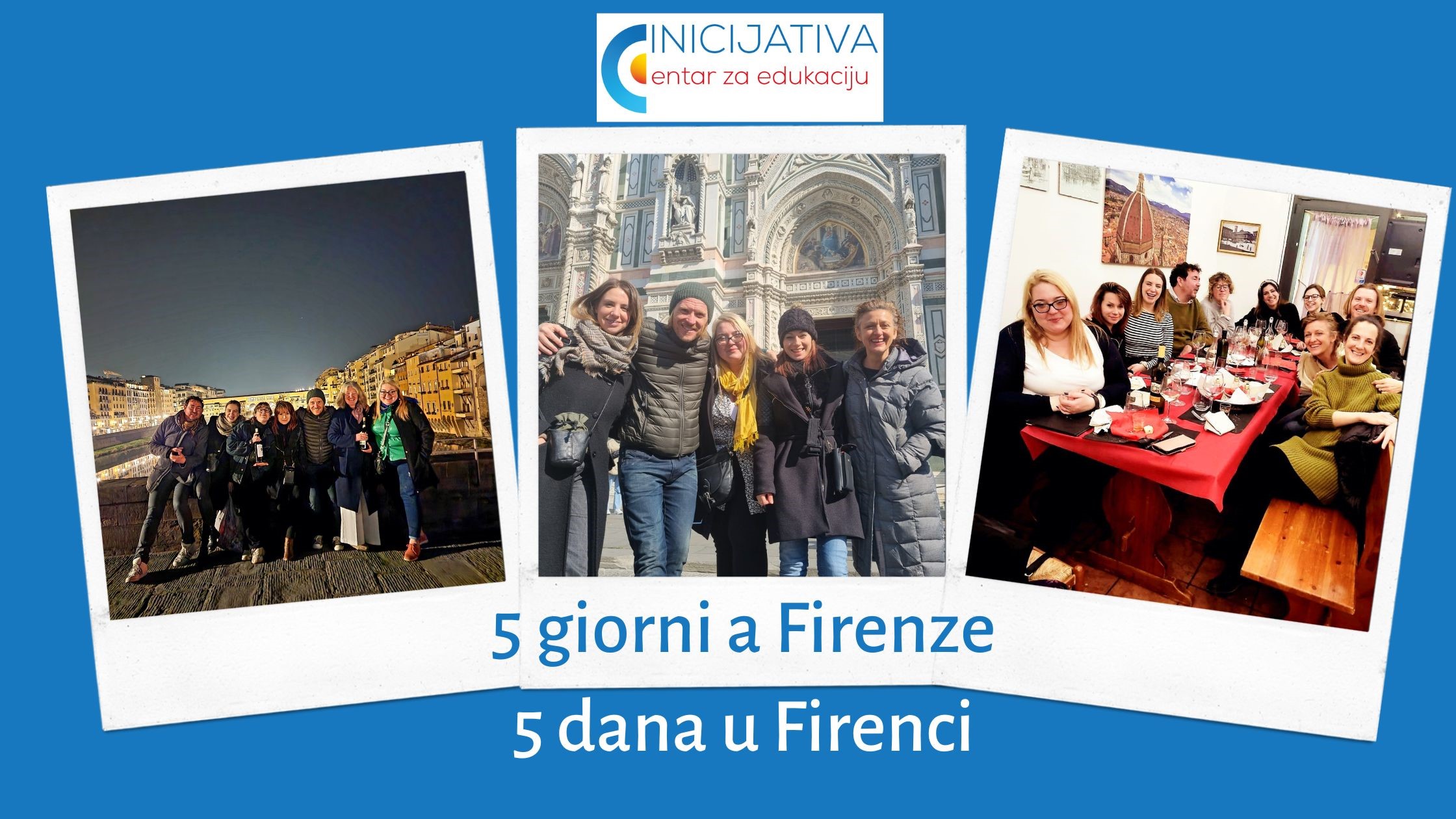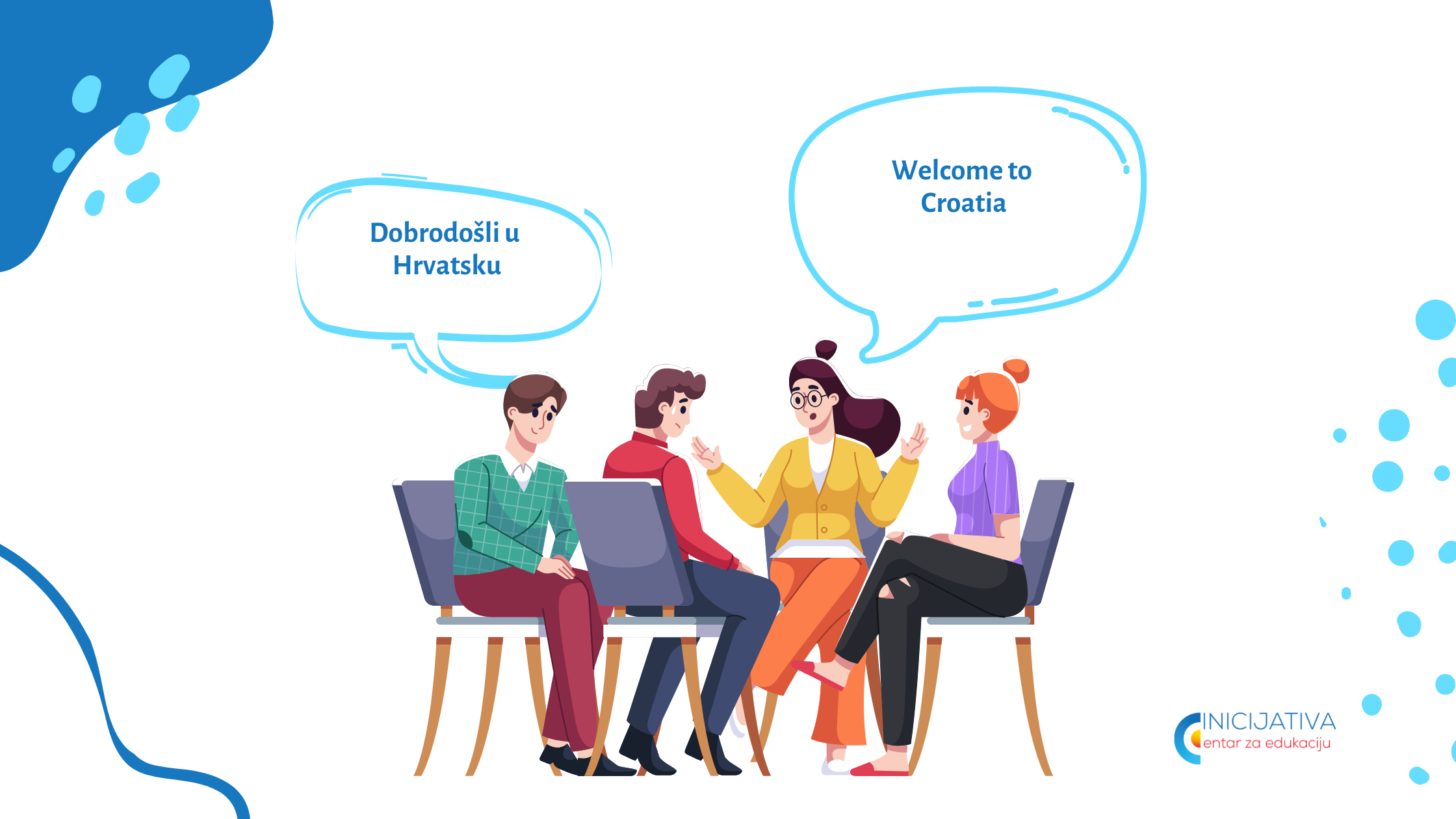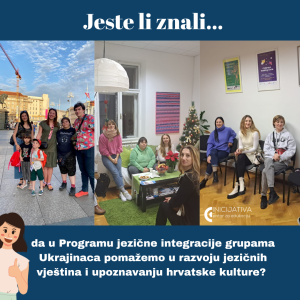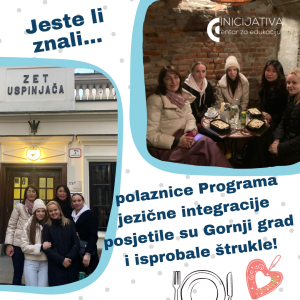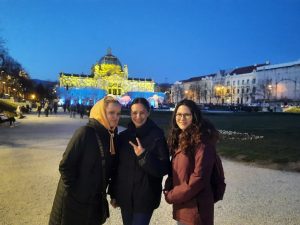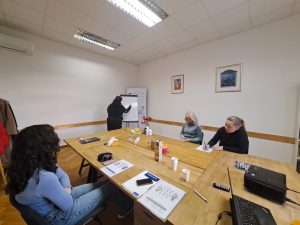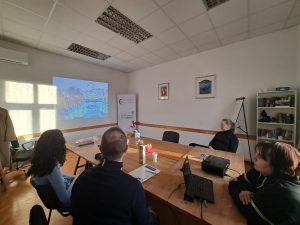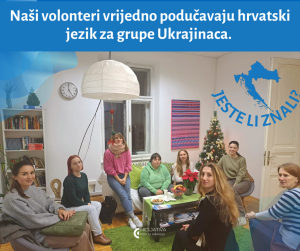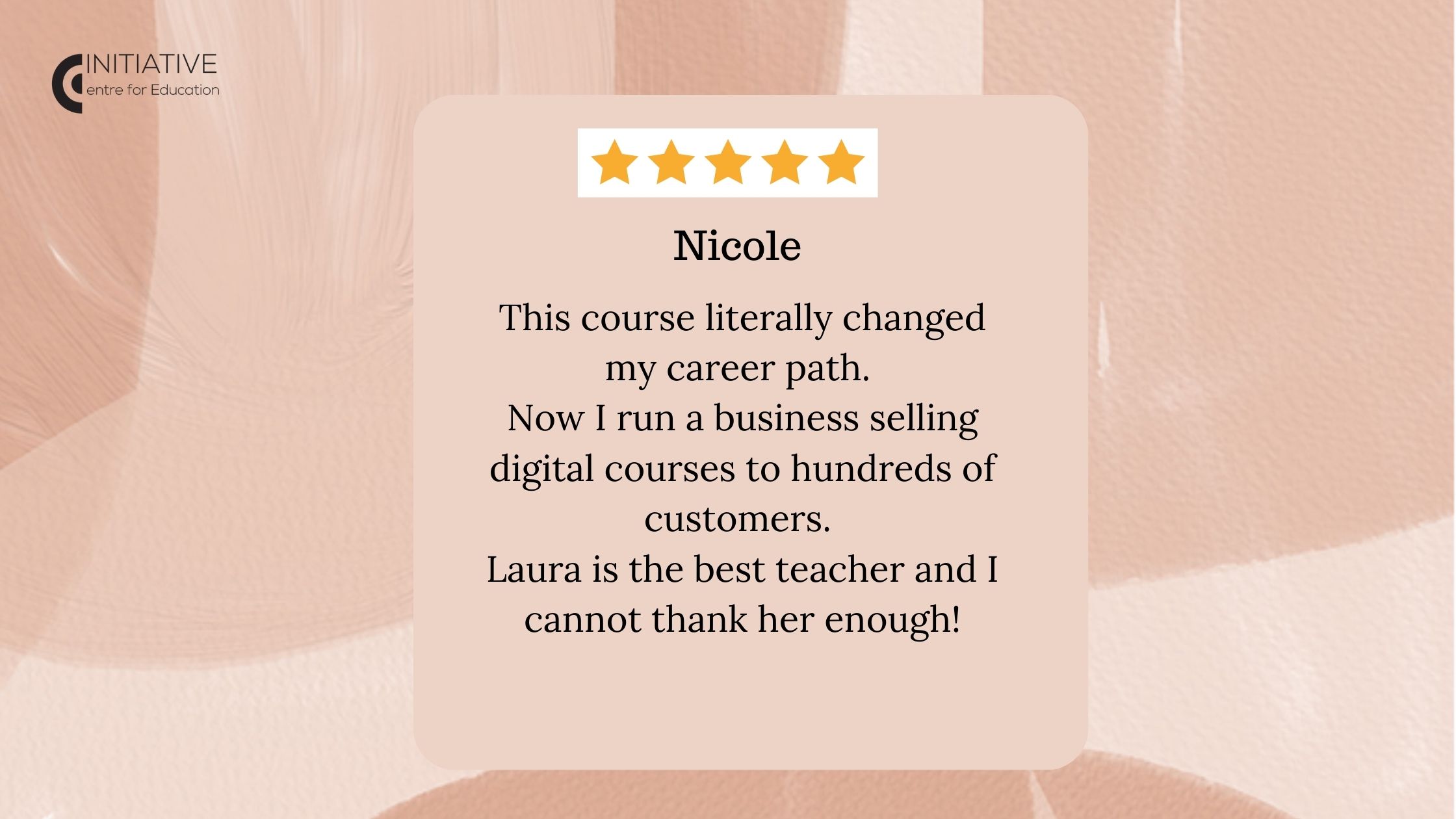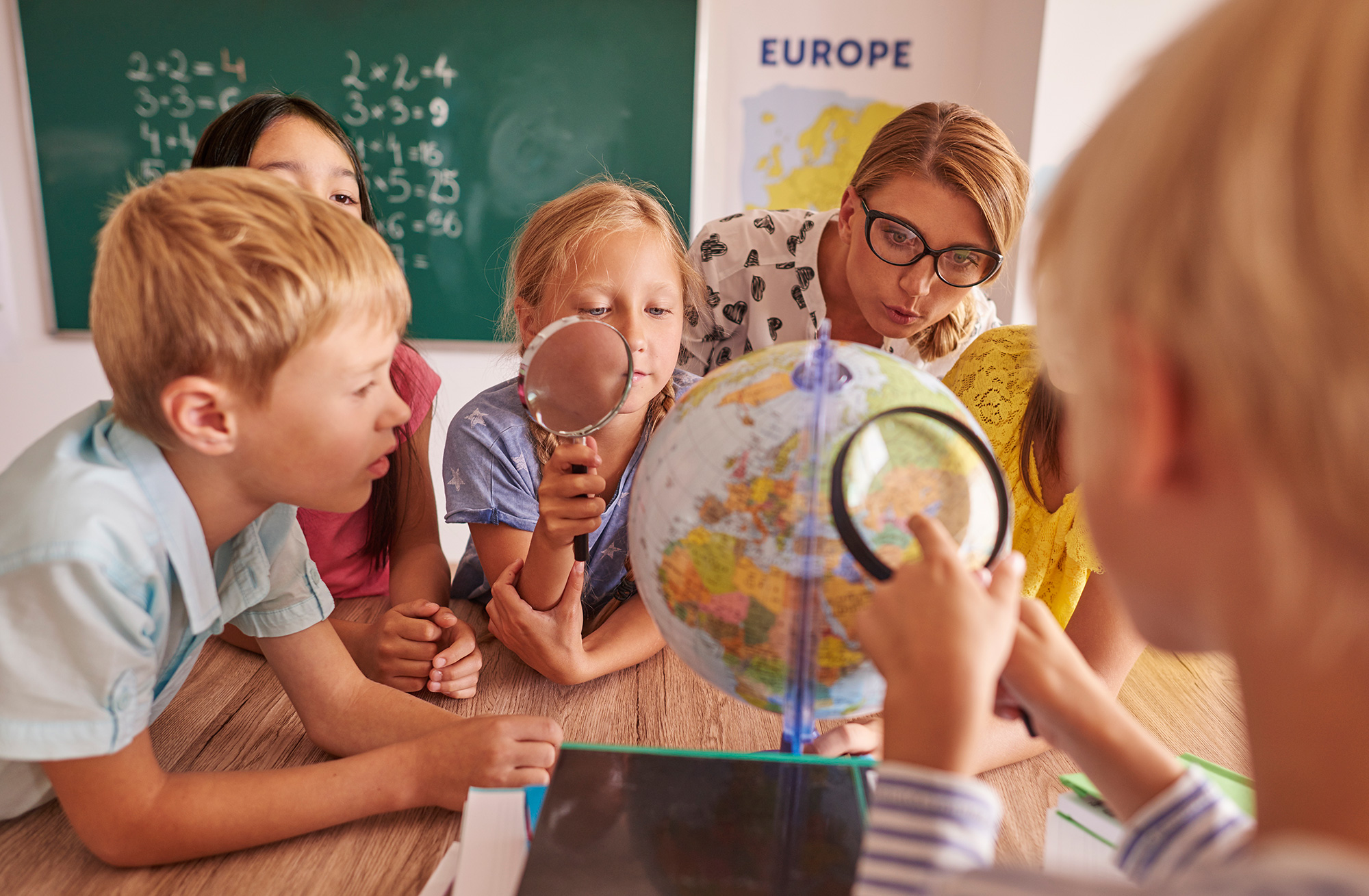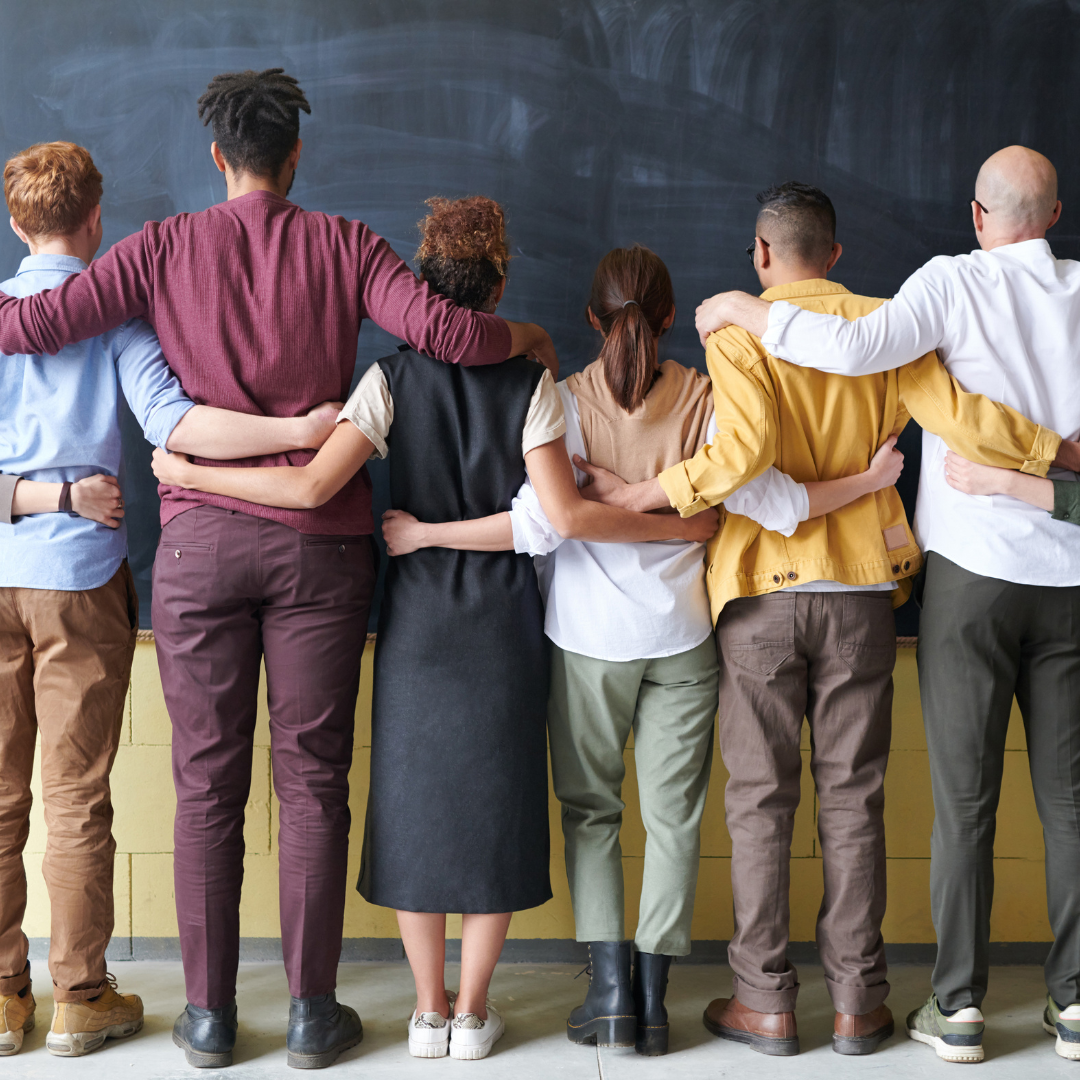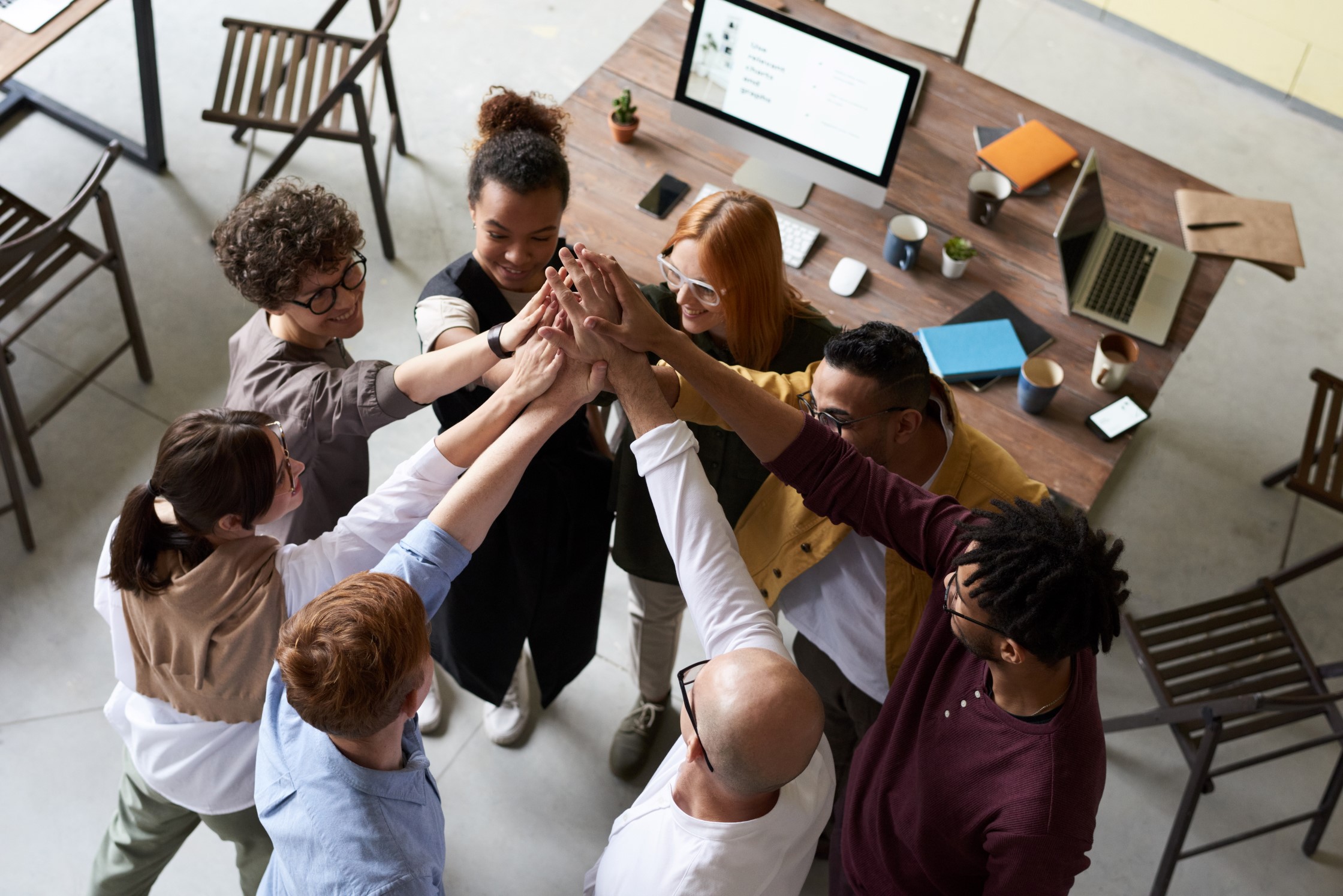Traditional language learning versus Embodied language learning
In language teaching, the traditional methods often focus on book-based learning
and rote memorization. However, an emerging approach called "Embodied Language
Teaching" suggests that learning through the body can be more effective. This
method involves using physical activities and body movements to enhance
understanding and retention of language.
Why Embodied Language Teaching?
Research shows that integrating physical activities in language learning can lead to:
- Increased motivation and engagement
- Faster comprehension of vocabulary and grammar
- Greater capacity to remember and reuse language
- Improved awareness of pronunciation and self-correction
- Deeper understanding of intonation and natural self-expression
- Increased confidence and better communication skills
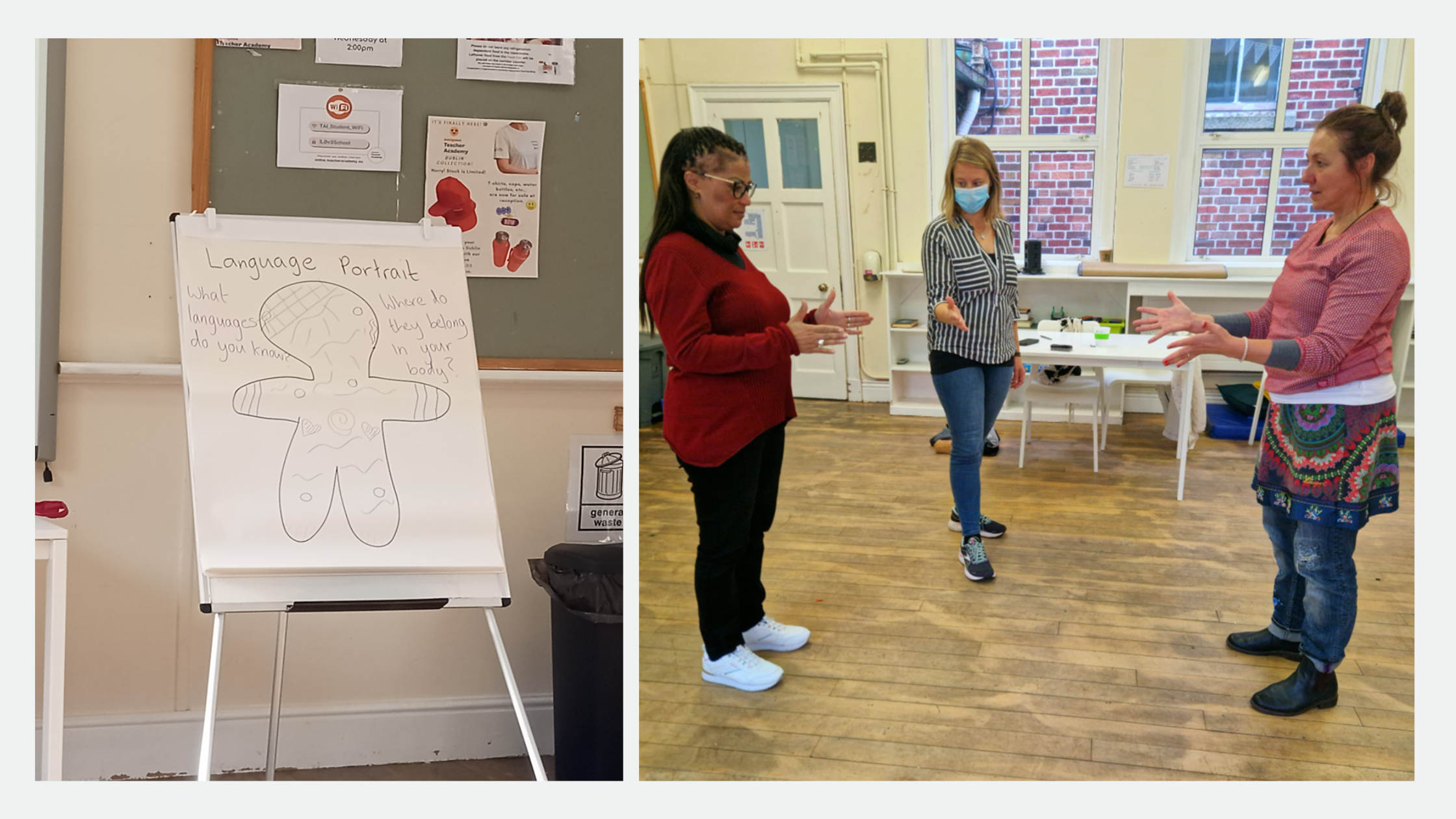
Introducing Embodied language teaching into lessons.
Here are some ways to include Embodied language teaching:
1. “Self-portrait”. Students draw a picture of themselves and show where language is in their body. This great at any level and really helps students connect physically with the concept of language.
2. “Using Body Language”. As teachers, we naturally use our bodies to clarify instructions, support input, and answer students' questions. For example, when instructing students to "Open your books to page 7" or "Discuss in pairs," use gestures to enhance understanding.
3. “Teaching Intonation”. Intonation is critical in language learning and can vary in difficulty depending on the student's native language. It’s important to match how you sound to the words coming out of your mouth, especially in theEnglish language!
4. “Pronunciation Practice”. This is an area that often gets overlooked intraditional language teaching (except with the Callan Method). Just spending afew minutes per class working on pronunciation challenges can make a hugedifference! Make it fun with exercises like: Chip vs. cheap, Ship vs. sheep,Thirteen vs. thirty or Woman vs. women.
5. “Embodied Grammar”. There is absolutely no reason why grammar should be boring! Incorporate physical activities to teach various grammatical concepts such as:- Verbs: Use actions like clapping or listening.- Adverbs: Demonstrate with actions such as moving slowly or quietly.- Adjectives: Show through physical examples, e.g., standing tall or pretending to taste something delicious.- Tenses: Use body movements to illustrate different tenses, like miming past actions.- Pronouns and Prepositions: Physically show possession (mine) or location(in, on).
Conclusion – Death to Boring Language Learning!Embodied Language Teaching is a dynamic and interactive approach that can significantly enhance language learning. By incorporating physical activities and body movements, students not only learn faster but also retain information better, ultimately leading to improved communication skills.
Anita May Dijakovic
This project was co-funded by the Erasmus+ programme.
Erasmus+ enriching lives, broadening minds.
@Agencija za mobilnost
